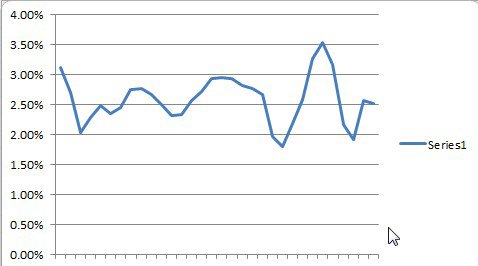College textbooks also have been increasing in price faster than inflation. What meaning should we to ascribe to that?
The rate of inflation is, of course, an averaging of costs. Not everything that exists increases in price precisely in synch with every other thing: Some things will increase in price faster than inflation and some things will increase in price slower than inflation. That's always going to be the case.
Regarding healthcare: I don't know of another product or service which enjoys such strong demand, with such stringently applied barriers to entry to the marketplace, and suffers from such substantial lawsuit liability, that hasn't also experienced a uptick in prices. It's Economics 101: Supply and demand.
(Unremarkably, those parameters outline the solutions: Decrease demand substantially reducing the population - i.e., not practicable - allow anyone to offer medical services, create pharmaceuticals, etc., - i.e., not even remotely responsible - indemnify medical product and service providers - i.e., open the space up to negligence - etc.)


